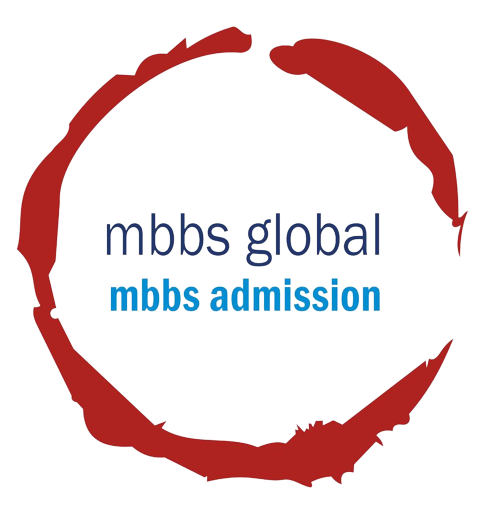MBBS in Australia is available as two types: a 4 year Doctor of Medicine (MD) and a 5-6 year undergraduate degree. The course structure of later is similar to MBBS in India. However, it is offered by very few Australian universities. MD is more popular here and is offered by most of the top institutes.
- Some medical institutes of Australia also offer a dual degree of 5 to 6 years combining the curriculum of Bachelor of Medical Science (BMed) and MD.
- A GAMSAT or MCAT score is required if you are applying for an MD program here.
- Tuition fees for MBBS in Australia range between 255,200 AUD to 630,000 AUD for an international student.
- After pursuing this degree, you can earn up to 214,000 AUD per year as a Doctor/Physician in Australia which is 60% more than the average salary of a health and medical professional.
Requirements
- IELTS: 6.5 to 7.0
- TOEFL (iBT): 80 to 100
- Dual Degree (BMed + MD) or MBBS: This program is for 12th pass-out students. Required subjects are Mathematics, English, Chemistry, or Biology.
- MD: Students having a bachelor’s degree can directly apply for MD. However, most of the top Australian universities ask for GAMSAT or MCAT scores for admission in this program.


Requirements
- IELTS: 6.5 to 7.0
- TOEFL (iBT): 80 to 100
- Dual Degree (BMed + MD) or MBBS: This program is for 12th pass-out students. Required subjects are Mathematics, English, Chemistry, or Biology.
- MD: Students having a bachelor’s degree can directly apply for MD. However, most of the top Australian universities ask for GAMSAT or MCAT scores for admission in this program.
Minimum eligibility criteria for applying MBBS in Australia
Average tuition fees and living expenses a year for international students studying MBBS in Canada is between CA$30000 and CA$125000 depending on the Universities. Other than the MBBS course fees in Canada, the country is affordable for accommodation as well as for transportation also. Here is the MBBS in Canada Fees mentioned according to the universities.
| University | Eligibility | Additional Requirements |
|---|---|---|
| University of Melbourne | Bachelors with anatomy, physiology, and biochemistry; GAMSAT or MCAT | Interview |
| University of Sydney (for MD) | Bachelors degree; GAMSAT: at least 50 in each section; MCAT: at least 500 | Interview |
| University of Sydney for (BA/BS + MD) | 12th pass with 99%; Mathematics | Complete tasks such as communication, observation, physical, intellectual, etc |
| Monash University (Graduate-entry) | Bachelors degree with 82% | Interview; Passing score in Situational Judgement Test (SJI) |
| Monash University (Direct-entry) | 12th pass with 90%: 75% in chemistry and English; ISAT: at least 170 | Interview |
| UNSW Sydney | 12th pass with 97% (state board students not eligible) OR at least 1370 in SAT | Passing score in ISAT; Interview |
| University of Queensland | Bachelors with 54%; GAMSAT: at least 50 per section OR MCAT: at least 504 | Interview |
| Australian National University | Bachelors with 70%; GAMSAT: at least 55 per section | Interview |
| University of Adelaide | 12th pass with 90% OR SAT: at least 1410; Studied Chemistry or Mathematics or Biology | Interview |
| University of Western Australia | Bachelors with 70%; GAMSAT: at least 55 per section; MCAT: at least 492 | Interview; Complete tasks such as communication, observation, physical, intellectual, etc |
| University of Newcastle | 12th pass; UAC ANZ score | Passing score in Multiple Skills Assessment (MSA) and psychometric test (Personal Qualities Assessment or PQA) |
| Deakin University | Bachelors with 60%; GAMSAT: at least 50 per section | Interview |
What is the UCAT?
The UCAT ( University Clinical Aptitude Test) is an online test required by medical schools in the UK. It is designed to test cognitive abilities, attitudes, critical thinking, and logical reasoning.The UCAT helps universities select applicants with the right abilities to pursue careers in the healthcare field.
The UCAT test is not based on a science-related curriculum. The format of the test covers questions that assess logical skills, such as decision making, quantitative reasoning, and situational judgement.











